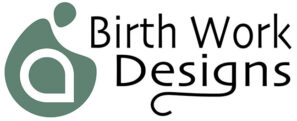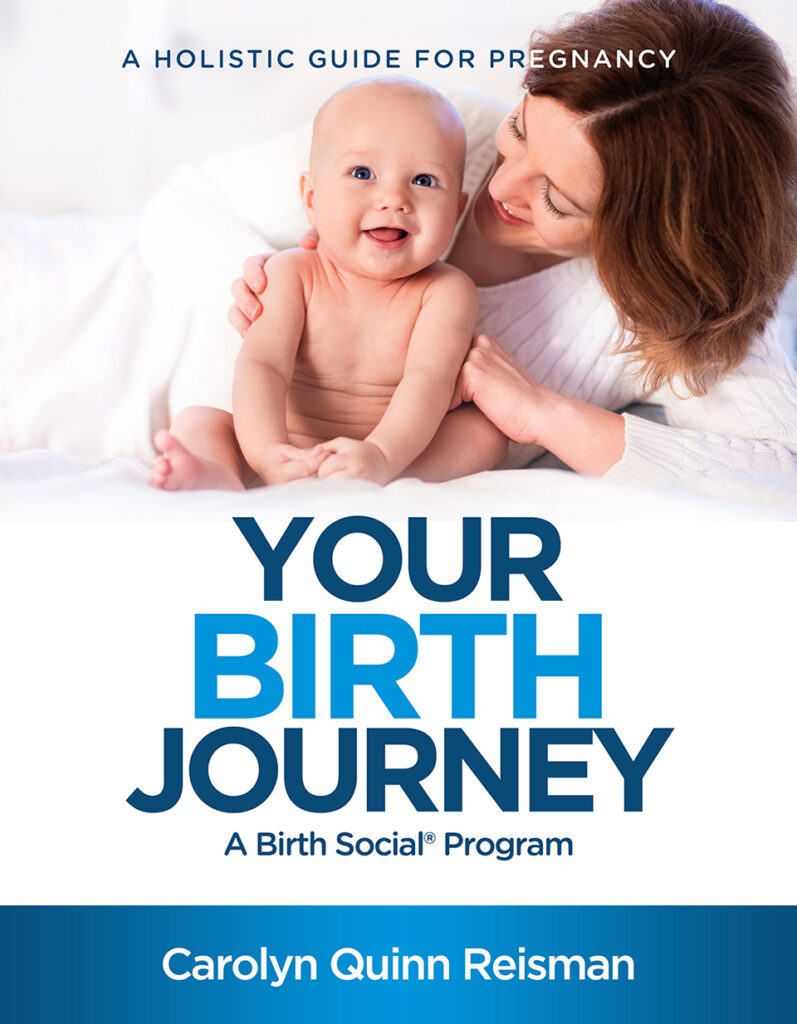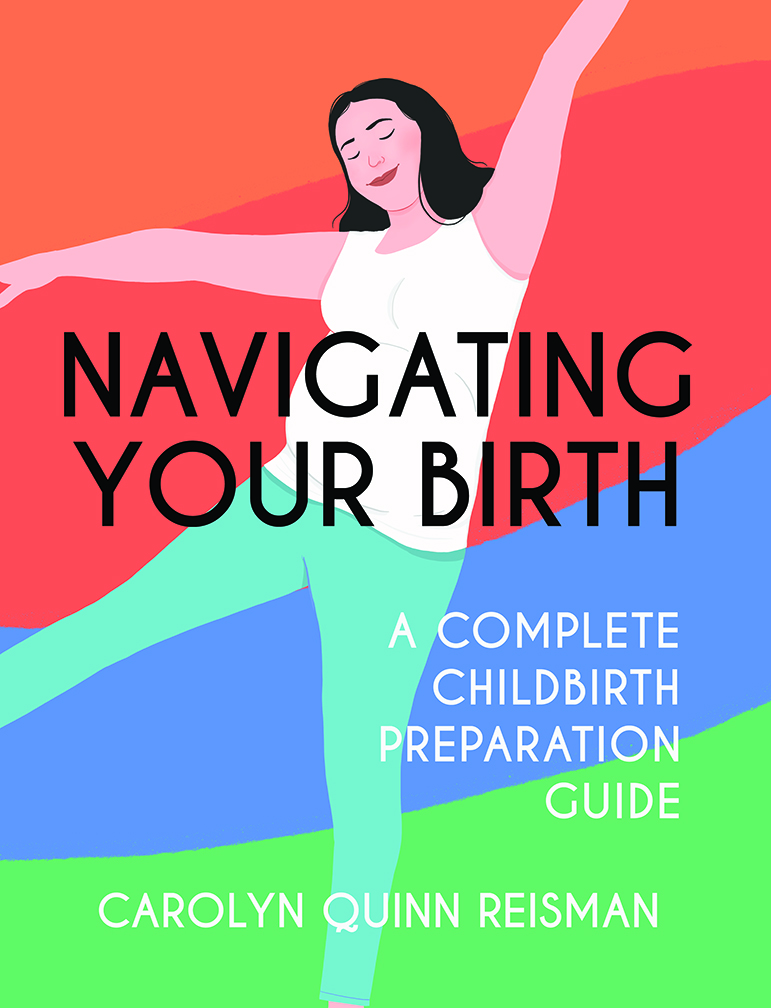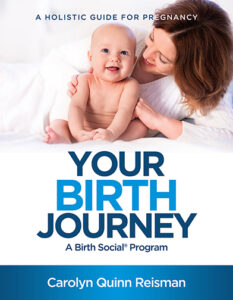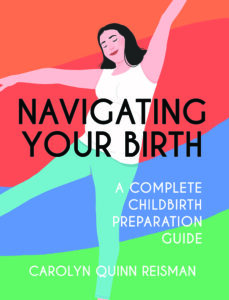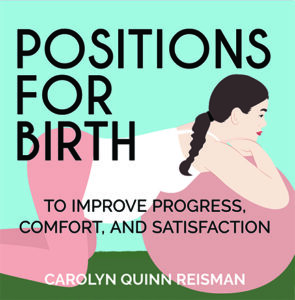Asking For Help
Postpartum support is very different than birth support. When planning for support during birth, it is something that happens within a short time frame. When talking about postpartum support, the timeframe can extend into days or weeks and involve a myriad of emotions that are far more complex than securing help at your birth.
What can make matters worse is that women often do not know how to ask for help from family and friends due to fear of feeling like a burden. Other barriers to asking for help include fear of judgment – that a mother is incapable of taking care of her own family. Sometimes, mothers feel fiercely independent and do not want help at all or do not want a relative or friend’s critical eye. In contrast, some mothers have no problems letting their partner, family, and friends know what they need.
If you are interested in studies on the importance of obtaining postpartum support, several research articles are listed in the sources below. In one research article, they found that a “mothers’ postpartum mental health is related to both the emotional support and practical help (e.g., housework and child care activities) provided by the husband and others.” In another study, they even found that telephone-based support is immensely helpful. Every little bit helps.
Evaluate how you ask for postpartum help by answering the following questions. Be willing to take stock of your answers and recognize limitations in asking for help. Talk to someone about any limitations that you may have.
Answer the following questions with yes, no, somewhat
- Are you fearful of being judged as a mother if you ask for help?
- Are you afraid to ask for her because you feel you will be criticized?
- Do you feel like you don't need anyone's help and can do things on your own?
- Do you feel like family members or friends are incapable of helping you?
- Is the reason you cannot ask for postpartum support due to isolation or lack of family and friends in your community?
- Is the reason you cannot ask for postpartum support due to abuse?
- Do you feel comfortable voicing your expectations?
The other side of this coin is that people are often reluctant to help – because they do not know how to offer help or feel like they are overstepping boundaries or bothering you. People need clear instructions when it comes to lending a hand. Think of some creative ways to tell people what you need from them.
Ways to Ask For Help
If you answered yes to most of the questions, one creative way you could ask for help is by creating index cards with specific directions. When someone comes over to see baby, have them select a card. In exchange, they can take a peek at baby and possibly hold the baby for just a moment. Have fun creating your own cards, or copy these. Have your kids, family, friends, and partner help. The cards make it more fun to ask for help. You may not know it now, but taking a shower, taking a nap, or even sitting down to one meal should be high on your postpartum priority list.
Food Helper
Bring over a cooked meal
Start a crockpot dish
Feed the kids
Make sure mom has food
Make some infusions
Thank you for your help.
Errands
I need you to run errands:
Pharmacy, grocery store, …
And, help with the kids:
Pick kids up
Bathe the kids
Thank you for your help.
Laundry
Start a load of laundry
Launder and fold diapers
Fold clothes
Fold towels and put away
Sweep and mop laundry floor
Thank you for your help.
Kitchen Duty
Wash dishes, put dishes away
Start dishwasher
Take out the trash
Sweep and mop floor
Clean counters and tidy up
Thank you for your help.
House Helper
Dust and tidy up
Vacuum
Sweep and mop
Thank you for your help.
Bathroom Duty
Clean tub and shower
Clean sink and toilet
Clean and wash floor
Gather dirty towels
Restock toilet paper
Thank you for your help
Identifying Postpartum Support
There is substantial research that postpartum support is a major buffer of postpartum depression. In the chart below, please determine the level of support you have planned for the following categories.
If you feel you have very little support or are having a hard time identifying who could help, evaluate the level of care you think you could arrange.
On a scale from zero to five, with 0 being no support and 5 being excellent support, could you arrange support for the following categories on a daily level from your partner, family, friends, and social networks? Social Networks include neighbors, co-workers, acquaintances, church members, club members, social media friends, group members, and more. These are all very relevant people.
Housecleaning and laundry
0 1 2 3 4 5
Meals and cooking
0 1 2 3 4 5
Emotional Support
0 1 2 3 4 5
Childcare if applicable
0 1 2 3 4 5
If you find that you are choosing threes and fours in each category, you are off to a great start. If you have lots of fives – well, you are all set. If you primarily circle 0, 1, or 2 – please bring this to the attention of your midwife or provider.
Postpartum Resources and Books
In general, postpartum articles are generated by a number of pregnancy and birth organizations. Doulas also provide articles on postpartum care and support, as do some midwives. Postpartum support dedicated only to postpartum care for mom, however, is limited. Check out The Best Postpartum Books and Resources here. Each book offers a unique perspective on taking care of you – after baby arrives.
Corrigan, Catherine P et al. Social Support, Postpartum Depression, and Professional Assistance: A Survey of Mothers in the Midwestern United States. The Journal of perinatal education vol. 24,1 (2015): 48-60. doi:10.1891/1058-1243.24.1.48
Dennis C. et al. Effect of peer support on prevention of postnatal depression among high risk women: multisite randomised controlled trial. BMJ 2009; 338 :a3064 doi:10.1136/bmj.a3064
Dennis, Cindy-Lee, and Lori Ross. Women’s perceptions of partner support and conflict in the development of postpartum depressive symptoms. Journal of advanced nursing vol. 56,6 (2006): 588-99. doi:10.1111/j.1365-2648.2006.04059.x
Gjerdingen, D K et al. The effects of social support on women’s health during pregnancy, labor and delivery, and the postpartum period. Family medicine vol. 23,5 (1991): 370-5.
Miller, Angela M et al. Maternal expectations of postpartum social support: validation of the Postpartum Social Support Questionnaire during pregnancy. Archives of women’s mental health vol. 15,4 (2012): 307-11. doi:10.1007/s00737-012-0287-x
Negron, Rennie et al. Social support during the postpartum period: mothers’ views on needs, expectations, and mobilization of support. Maternal and child health journal vol. 17,4 (2013): 616-23. doi:10.1007/s10995-012-1037-4
